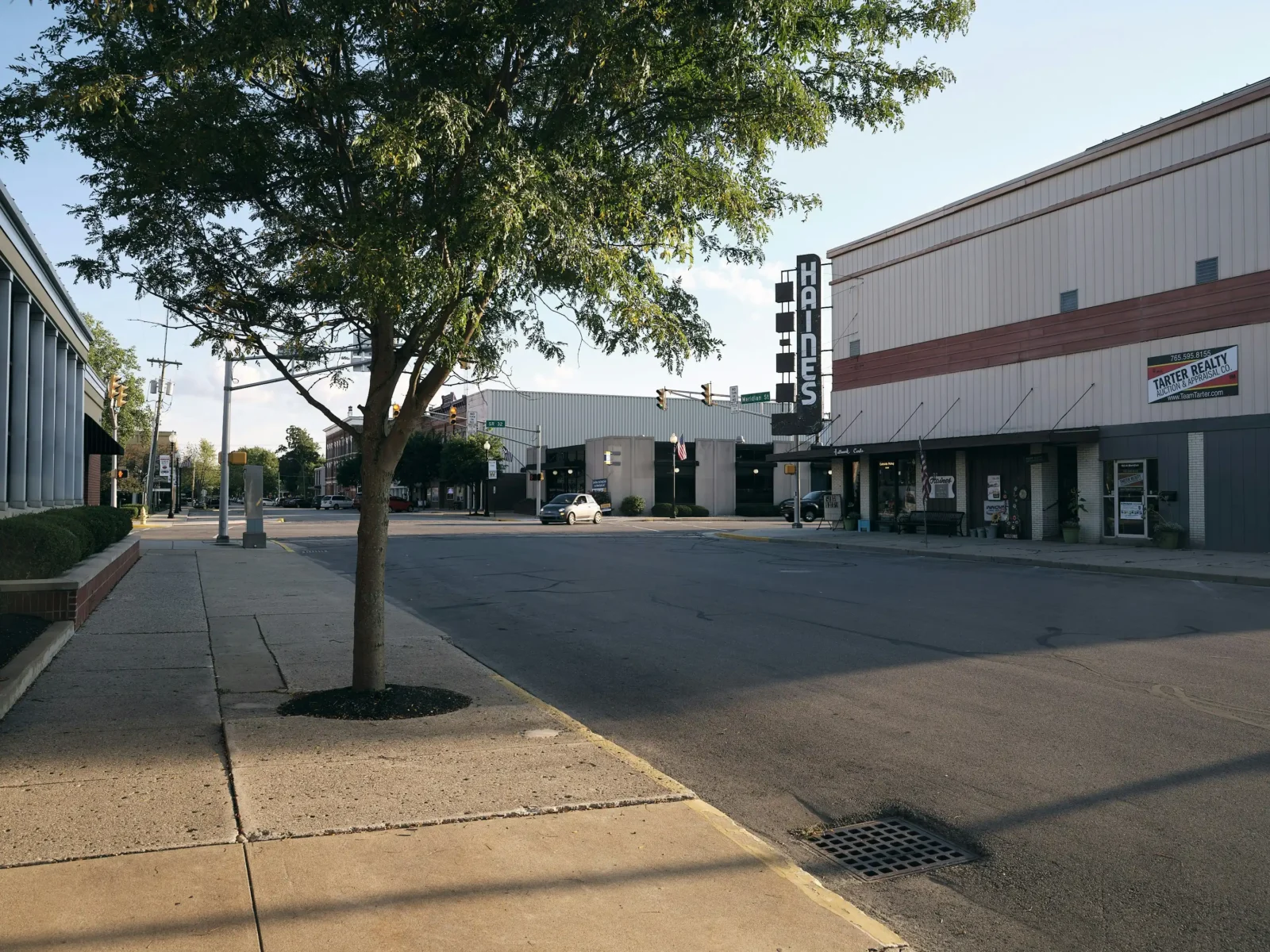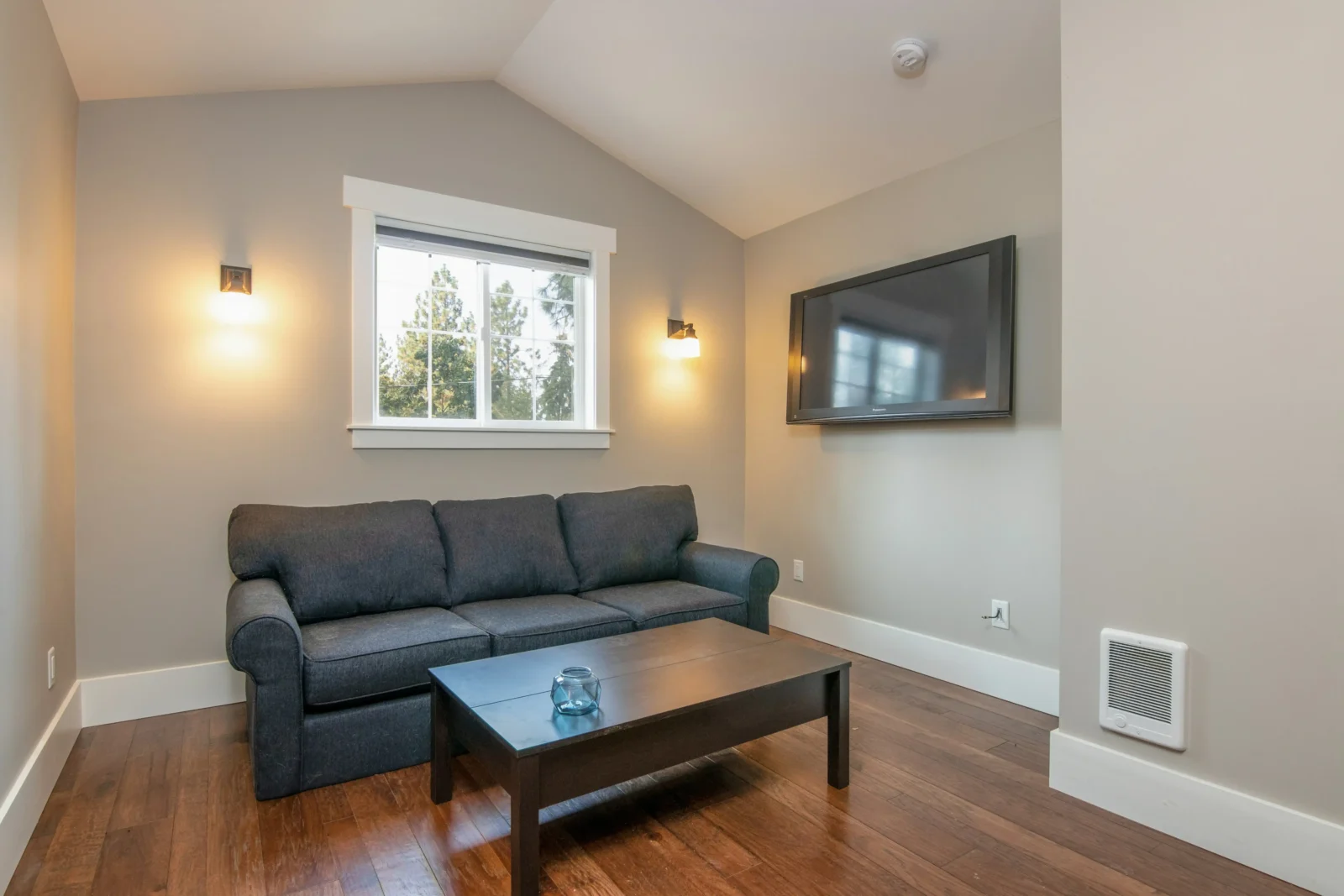- Home
- Articles
- Architectural Portfolio
- Architectral Presentation
- Inspirational Stories
- Architecture News
- Visualization
- BIM Industry
- Facade Design
- Parametric Design
- Career
- Landscape Architecture
- Construction
- Artificial Intelligence
- Sketching
- Design Softwares
- Diagrams
- Writing
- Architectural Tips
- Sustainability
- Courses
- Concept
- Technology
- History & Heritage
- Future of Architecture
- Guides & How-To
- Art & Culture
- Projects
- Interior Design
- Competitions
- Jobs
- Store
- Tools
- More
- Home
- Articles
- Architectural Portfolio
- Architectral Presentation
- Inspirational Stories
- Architecture News
- Visualization
- BIM Industry
- Facade Design
- Parametric Design
- Career
- Landscape Architecture
- Construction
- Artificial Intelligence
- Sketching
- Design Softwares
- Diagrams
- Writing
- Architectural Tips
- Sustainability
- Courses
- Concept
- Technology
- History & Heritage
- Future of Architecture
- Guides & How-To
- Art & Culture
- Projects
- Interior Design
- Competitions
- Jobs
- Store
- Tools
- More
4 Types of Real Estate Properties You Should Consider for Your Healthcare Practice

Table of Contents Show
Choosing the right real estate property is critical for the growth and success of your healthcare practice. The facility you choose will greatly affect your ability to attract clients and profitability.
Medical real estate is a unique niche of commercial real estate, and choosing the right facility can be challenging. Different healthcare practices have different needs, and you must choose a facility that best suits the needs of your healthcare practice. Discussed below are four types of real estate properties you should consider for your healthcare practice.
1. Retail space and shopping centers
Setting up your medical practice in a retail space where there are shops and restaurants not only benefits patients but also your employees. Patients don’t have to travel far to buy items or grab meals from local shops and restaurants, respectively. It is also easier for employees to run errands during their breaks.
Retail spaces are high potential facilities for healthcare professionals that provide highly specialized services or products like dermatologists and ophthalmologists. In addition, setting up your healthcare facility in an existing retail space or shopping center provides higher visibility and exposure compared to other types of commercial real estate.
2. Medical office buildings
Medical office buildings are real estate properties dedicated exclusively to medical professionals. They are a great option for healthcare professionals looking to start their own healthcare practices since they promote robust referral relationships and synergies among the tenants.
Medical office buildings are designed with healthcare in mind, which eliminates the cost you would incur to design a retail space or traditional office building to suit your healthcare facility needs. In addition, they have specialized equipment for healthcare providers, and they provide janitorial services. As a result, medical office buildings tend to be more expensive compared to retail spaces and traditional office buildings.

3. Hospital campuses
Hospital campuses are buildings located in or near a major hospital and are designed exclusively for healthcare tenants. They are quite similar to medical office buildings. Hospital affiliation is the only distinguishing feature and benefit of hospital campuses.
The objective of hospital affiliation is to create a strong referral base for healthcare practice. In addition, being on a hospital campus gives you access to other complementary services associated with the hospital, such as a delivery center or surgery.
Setting up a healthcare practice on a hospital campus is not fit for all healthcare practices. However, it can greatly benefit your practice if you find value in the mentioned benefits.
4. Traditional office buildings
If you don’t want to set up your healthcare practice near other practices, traditional office buildings are suitable for you. They provide a traditional business setting since there are other professional and corporate entities in the same building. You also get to benefit from other shared amenities like lobbies, vestibules, restrooms, and conference facilities.
The cost of buying or leasing space in a traditional office building is greatly dependent on demand and supply, quality, age, and location. However, traditional office spaces tend to be cheaper compared to hospital campuses and medical office buildings.
Endnote
Each healthcare practice is unique and has different needs depending on its business model. Be sure to choose a facility that best suits the needs of your healthcare practice.
illustrarch is your daily dose of architecture. Leading community designed for all lovers of illustration and #drawing.
Submit your architectural projects
Follow these steps for submission your project. Submission FormLatest Posts
Why Hiring a Property Management Company in Henderson, NV Makes Sense
Table of Contents Show Less Stress and Fewer Daily HeadachesBetter Tenant Screening...
Best Tips for Hassle-Free Home Selling
Table of Contents Show Start With A Simple Selling PlanFix The Paperwork...
How to Invest in the Real Estate Industry
Table of Contents Show Choosing the Right PropertyFinancing OptionsPre-IPO InvestingResearch and EducationRental...
Is Dual-Occupancy Living Right for You? An Australian Perspective
Table of Contents Show Understanding Dual Occupancy Beyond the Floor PlanAustralian Homes...











Leave a comment